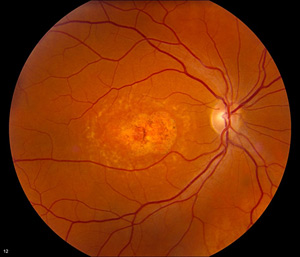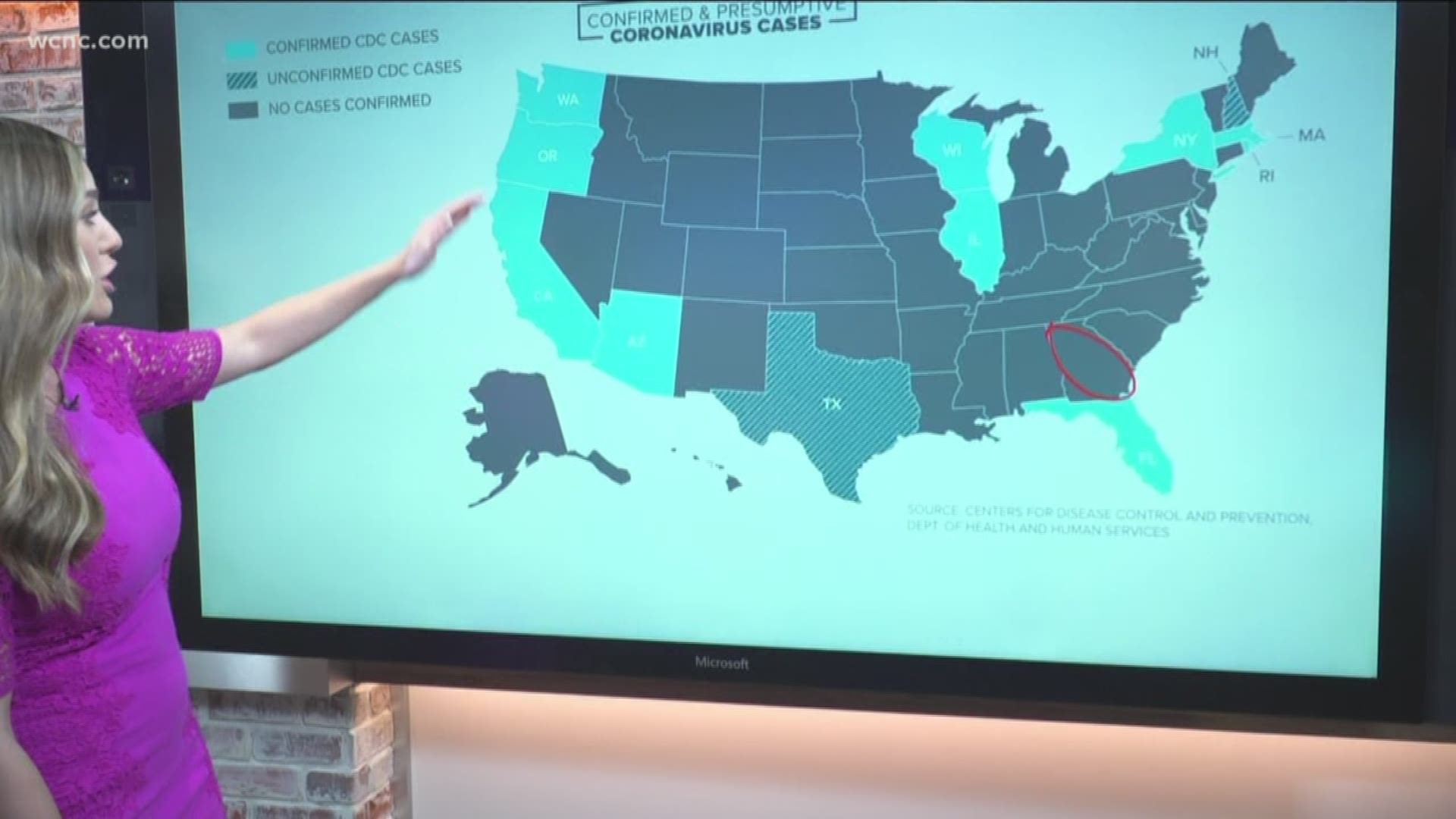![Eye_scan [image : 86728508]](http://www.gannett-cdn.com/media/2016/07/05/USATODAY/USATODAY/636033393713735240-Stargardt-disease-color-fundus-photo-Zein.jpg)
SAN FRANCISCO — Google plans to use more than one million anonymized eye scans to teach computers how to diagnose ocular disease.
The Menlo Park, Calif.-based company has signed a deal with a British eye hospital to use artificial intelligence to learn from the medical records of 1.6 million patients in London hospitals.
The goal is to teach a computer program to recognize the signs of two common types of eye disease, diabetic retinopathy and age-related macular degeneration.
That's something humans are surprisingly imperfect at. Physicians diagnose these ailments by analyzing medical charts and interviewing patients, yet still get it wrong 10 to 20% of the time.
Artificial intelligence could enable a machine to scan millions of records and documents, learn from them and then make more accurate diagnoses and save time while doing so.
The partnership, announced Monday, is between DeepMind, an artificial intelligence company owned by Google, and Moorfields Eye Hospital
Eye Hospital in London.
in London.
“With sight loss predicted to double by the year 2050, it is vital we explore the use of cutting-edge technology to prevent eye disease.” Peng Tee Khaw, director of the National Institute for Health Research's Biomedical Research Centre in Ophthalmology at Moorfield Eye Hospital, said in a release.
director of the National Institute for Health Research's Biomedical Research Centre in Ophthalmology at Moorfield Eye Hospital, said in a release.
Age-related macular degeneration and diabetic retinopathy affect over 100 million people worldwide. Diabetes is the leading cause of blindness in the working age population. Early detection and treatment can prevent 98% of severe visual loss resulting from diabetes.
Health technology still relies on paper, pager systems and fax machines, said Mustafa Suleyman, co-founder and head of applied AI at DeepMind. He hopes his company can build better tools.
co-founder and head of applied AI at DeepMind. He hopes his company can build better tools.
“That’s where we hope to make a difference,” Suleyman said in a post on Medium.
This is the second collaboration between DeepMind and the United Kingdom's National Health Service. . The previous project uses a smartphone app to monitor kidney function of patients at the Royal Free
. The previous project uses a smartphone app to monitor kidney function of patients at the Royal Free hospital in London.
hospital in London.
The partnership has not been without controversy.
This spring the science magazine New Scientist reported DeepMind's data-sharing agreement with the Royal Free NHS Trust allowed it to access personal healthcare information of 1.6 million patients in London hospitals without receiving their consent.
Google responded that it needed to access data from all patients in the system because it wasn't possible to get a list of only patients who had kidney disease.
DeepMind operates autonomously from Google and patient data will never be linked or associated with Google accounts, products or services, Suleyman said.
DeepMind made headlines earlier this year when its artificial intelligence machine beat a human champion of ancient board game Go three times in a row. The machine’s algorithm picked up the game through analyzing millions of Go games and playing itself millions more times.
![Google DeepMind's program beats human at Go [oembed : 86727618] [oembed : 86727618]](/Portals/_default/Skins/PrestoLegacy/CommonCss/images/smartembed.png)


